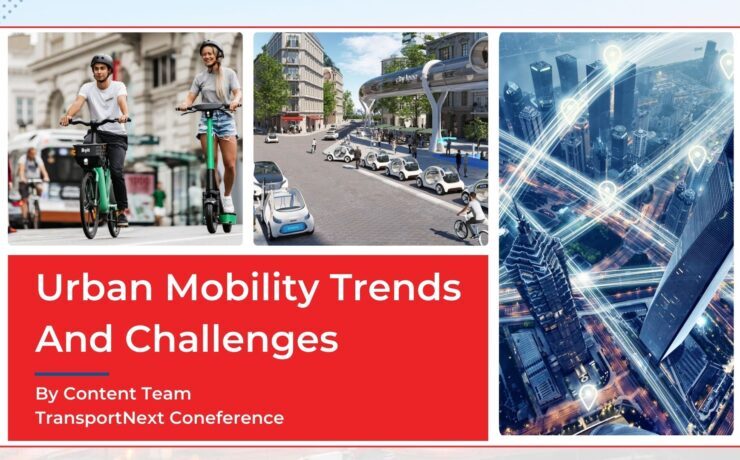Overcoming Modern Challenges in Transportation through Technology

Introduction:
The transportation sector faces numerous challenges in the modern era, ranging from congestion and pollution to safety concerns and infrastructure limitations. However, technology emerges as a powerful ally in addressing these issues, offering innovative solutions to enhance efficiency, sustainability, and safety.
Challenges in Transportation:
- Congestion and Traffic Gridlock:
Urbanization and population growth have led to increased traffic congestion in cities worldwide. Long commutes not only waste time but also contribute to air pollution and carbon emissions. - Environmental Impact:
Traditional transportation methods heavily rely on fossil fuels, leading to harmful emissions and environmental degradation. Mitigating the carbon footprint of transportation is crucial for combating climate change and preserving the planet. - Safety Concerns:
Road accidents and fatalities remain a significant challenge in the transportation sector. Human error, distracted driving, and inadequate infrastructure contribute to the risk of accidents and injuries. - Infrastructure Limitations:
Aging infrastructure and inadequate transportation networks pose challenges to mobility and accessibility. Improving and expanding infrastructure is essential for accommodating growing populations and increasing transportation demands.
Technology Solutions:
- Smart Traffic Management Systems:
Advanced traffic management systems leverage real-time data and predictive analytics to optimize traffic flow and reduce congestion. Intelligent traffic signals, dynamic route planning, and congestion pricing help alleviate traffic gridlock and improve commute times. - Electric and Autonomous Vehicles:
Electric vehicles (EVs) and autonomous driving technology offer sustainable alternatives to traditional gasoline-powered cars. EVs reduce emissions and dependence on fossil fuels, while autonomous vehicles enhance safety and efficiency by minimizing human error. - Green Transportation Initiatives:
Public transit systems powered by renewable energy sources, such as solar and wind, promote eco-friendly commuting options. Additionally, initiatives like bike-sharing programs and pedestrian-friendly urban design encourage alternative modes of transportation and reduce reliance on cars. - Infrastructure Upgrades:
Investments in modernizing transportation infrastructure, including roads, bridges, and public transit systems, improve accessibility and connectivity. High-speed rail networks, smart highways, and sustainable transportation hubs enhance mobility and reduce environmental impact.
Conclusion:
Technology continues to revolutionize the transportation sector, offering solutions to overcome modern challenges and create a more sustainable and efficient transportation system. By embracing innovation and investing in technology-driven initiatives, we can build a future where transportation is safer, cleaner, and more accessible for all.
TransportNext Conference & Awards | Singapore 2024
TransportNext Awards, Conference and Expo is a premier global event hosted annually by Next Business Media in the U.S. and Singapore. The Singapore edition caters to the Rest of the World transport and logistics community.
Leveraging Singapore’s strategic location, it provides a platform for international collaboration and knowledge exchange.
Featuring insightful conferences, interactive workshops, and an extensive expo, TransportNext Singapore offers valuable insights, showcases cutting-edge solutions, and fosters strategic partnerships. The highlight is the TransportNext Awards, recognizing excellence in the industry. With its global reach and commitment to industry advancement, this event promises an unparalleled experience for networking and driving growth.





